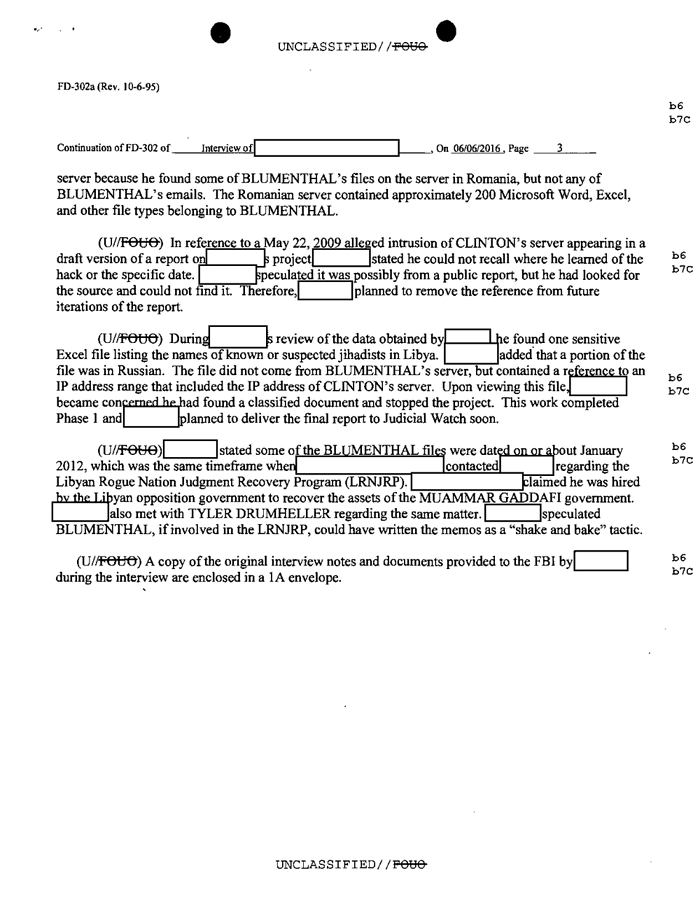A New Blacklist From the Southern Poverty Law Center Marks the Demise of a Once-Vital Organization
15 prominent writers and thinkers are labeled “anti-Muslim extremists”—Why?
Tablet: Late last week, the Southern Poverty Law Center, which became deservedly famous in the 1980s for combating violent white-power hate groups like the Ku Klux Klan and neo-Nazis, published a list of 15 individuals it labels as particularly threatening anti-Muslim extremists. It is sad but telling that the SPLC’s so-called field guide to Muslim-haters is not a list of violent extremists—who certainly do exist—but is instead a blacklist of prominent writers whose opinions on a range of cultural and political issues are offensive to the SPLC. The SPLC blacklist list contains practicing Muslims like Maajid Nawaz, ex-Muslims like Ayaan Hirsi Ali, foreign-policy think-tankers like Frank Gaffney and Daniel Pipes, and right-wing firebrands like David Horowitz—none of whom could be reasonably described as anti-Muslim bigots.
I spoke to Nawaz on the phone in London to ask for his reaction. “A bunch of first-world, comfortable liberal Americans who are not Muslims have decided from their comfortable perch to label me, an activist who is working within his Muslim community to push back against extremism, an anti-Muslim extremist.”
On the face of it, it’s difficult to understand why Nawaz was listed as such. As he told me, he’s a proud Muslim. “I learned Arabic in order to read my holy book,” he said. “In an Intelligence Squared debate, I defended the proposition that Islam was a religion of peace. This was the same week that the man who attempted to bomb Times Square was sentenced so it wasn’t the friendliest New York audience. I hosted Morgan Freeman in a mosque for his documentary The Story of God.”
Nawaz takes the SPLC blacklist seriously, he told me, because he believes that it has put his life in danger. “They’ve put a target on my head,” he said. “This is what putting people on lists does. When Theo Van Gogh was killed in the Netherlands, a list was stuck to his body that included Ayaan Hirsi Ali’s name. It was a hit list. When Bangladeshi reformers were hacked to death by jihadist terrorists, they were working off lists. Only fascists produce lists.”
It’s not easy to understand how the SPLC got here. The organization started in 1971 as a civil-rights law firm designed to combat white-supremacist groups. In 1981 it won a civil suit against the Klan for $7 million that bankrupted the United Klans of America. In 1991, it used the same tactics to win a $12 million judgment against the White Aryan Resistance. It won a $6.5 million case against the Aryan Nations in 2001. Co-founder Morris Dees’ career was dramatized in a TV movie, Line of Fire.
For SPLC’s efforts against violent white supremacists, its members were frequently targeted for reprisal. Yet now, the SPLC is putting bounties on the heads of Muslims like Maajid Nawaz, who are opposed to Muslim extremism. Where the SPLC was once able to win legal battles through careful, often dangerous research that could stand up in court, the organization now identifies the Center for Security Policy, a hawkish right-wing think tank, as a hate group, right alongside the Ku Klux Klan. Where the organization once pushed for freedom for all regardless of race or creed, now it aims to silence those whose opinions it finds objectionable. In doing so, it makes it hard for any impartial observer to place much confidence in future claims about groups and individuals that may actually be dangerous.
Related reading: Letter written to the Justice Department about SPLC Listings
Perhaps in spite of the number of white supremacists who have moved into the light with the nomination of Donald Trump, the SPLC no longer has the resources to tackle those who threaten violence and act on it. Instead, it’s spending its time on Google and Twitter—and hoping to raise money by going after writers and intellectuals who get its goat.
What’s more troubling are the suggestions contained in the report that the SPLC no longer thinks that political violence and hate are a bad thing, or even real—as long as the people committing such acts are Muslims. Complaints against radical Islamist violence, the report bizarrely suggests, are
propaganda, the vast majority of it completely baseless, produced and popularized by a network of anti-Muslim extremists and their enablers. These men and women have shamelessly exploited terrorist attacks and the Syrian refugee crisis, among other things, to demonize the entire Islamic faith.
Sadly, a shocking number of these extremists are seen regularly on television news programs and quoted in the pages of our leading newspapers. There, they routinely espouse a wide range of utter falsehoods, all designed to make Muslims appear as bloodthirsty terrorists or people intent on undermining American constitutional freedoms. More often than not, these claims go uncontested.
Interestingly, the document fails to list the man who, according to this description, is the world’s most influential anti-Muslim extremist—President Barack Obama, who told the Atlantic that young people in the Middle East are only thinking about how to kill Americans.
Obama isn’t a violent anti-Muslim extremist any more than the 15 people named here. Ayaan Hirsi Ali is an outspoken critic of Islam and has a compelling personal narrative that reflects the story of millions of women and men who have suffered in the name of Islam. David Horowitz is a pugnacious right-wing intellectual who often engages in sharp propaganda. Daniel Pipes is a fierce adversary of Islamic extremism and a knowledgeable scholar of the Middle East. There is much to disagree with in what they and others identified in the SPLC write or argue. I find the work of a small number of the people listed in the report to be puerile. But neither they, nor anyone on this list, deserve to be listed alongside white supremacists who threaten or actually employ violence.
In reality, the SPLC’s field guide has little to do with real anti-Muslim extremism, the red-hot center of which these days is not America but Syria—where so-called secular dictator Bashar al-Assad has teamed up with Iran and Russia to slaughter nearly half a million Sunni Arabs. The SPLC document is simply an enemies’ list, of the kind that fascists, Stalinists, and other totalitarian thinkers can’t help producing. So it’s hardly surprising that the ghost of Stalin makes an appearance. In a paper nominally highlighting anti-Muslim sentiment, David Horowitz is chided for questioning why one professor identifies Paul Robeson as a “model of [American] patriotism.”
That the SPLC document seeks to re-litigate the case of Paul Robeson, who openly admired Stalin, is evidence that the field guide is simply a blunt instrument used to attack the enemies, personal and institutional, of the paper’s four contributing institutions—Southern Poverty Law Center, Media Matters for America, the Center for New Community, and ReThink Media. (Regarding the Robeson issue, perhaps it’s the pet project of SPLC Senior Fellow Mark Potok who has contributed to the People’s World, a publication affiliated with the Communist Party of the United States of America.)
Nor does the SPLC hide the fact that the purpose of its publication is to blacklist and silence its enemies. The field guide recommends to its consumers in the media that they, “research the background of extremist spokespeople and consider other sources, and if they do use anti-Muslim spokespeople, point out their extremism.”
Why is a liberal organization like the SPLC now using fascist tactics to blacklist enemies? Maajid Nawaz believes the organization has targeted him for a very specific reason. “The left is no longer about advancing progressive values,” he said. “For them, it’s now about tribal identities, and any internal critique is seen as treachery.” Nawaz also believes there may be another reason—the activists at the SPLC, he suggested, “may be influenced by Islamists themselves.” And there is evidence in the paper to suggest that Nawaz’s contention may have some truth to it.
The field guide attempts to rewrite history of the Muslim Student Association, for one. In its dossier on Horowitz, the SPLC complains that he
placed an ad in an April 2008 issue of a campus newspaper, The Daily Nexus, claiming that the Muslim Student Association was “founded by members of the Muslim Brotherhood, the godfather of Al Qaeda and Hamas, to bring jihad into the heart of American higher education.” In fact, it had worked with Jewish campus groups, according to faculty members.
Whether or not some chapters of the MSA worked with Jewish campus groups (while the University of California at Irvine chapter shouted down guest speaker Israeli ambassador Michael Oren in 2011), it’s established that Brotherhood members played a role in founding the MSA.
Even more telling is the rationale for blacklisting Nawaz. Among others, he “tweeted out a cartoon of Jesus and Muhammad—despite the fact that many Muslims see it as blasphemous to draw Muhammad. He said that he wanted ‘to carve out a space to be heard without constantly fearing the blasphemy charge.’ ”
That Nawaz tweeted out a cartoon of the prophet Muhammad in an effort to change the minds of Muslims who might automatically declare such an action to be blasphemy is the act not of an anti-Muslim extremist but a Muslim reformer. That the SPLC itself accuses him of blasphemy belongs not to the tradition of an American Civil Rights organization, but rather to the ideology of a religious fundamentalist organization, of the type that inspired the ISIS cadre that executed the staff of Charlie Hebdo.
The fact is that more than 40 years after its founding, the Southern Poverty Law Center is now aggressively defending the kind of violent supremacists it had once sought to prosecute, and attacking types like Nawaz it had once defended against violence. The suggestion that the organization has in fact switched sides will likely cause violent extremists of all shades and types to breathe a sigh of relief. It is also sign that there is something deeply wrong with our political culture.
****
In 2015:
(CNSNews.com) – John Carlin, the assistant attorney general for national security, announced Wednesday that the Justice Department is creating the new position of domestic terrorism counsel to combat the “real and present threat” of domestic extremism.
Carlin praised groups such as the Southern Poverty Law Center “that dedicate themselves to examining what the threat is, observing it, and reporting on it,” adding that the work of the SPLC was “very important.”
The SPLC says it places groups — including conservative, Christian groups — on its “Hate List” based on their beliefs, not their propensity for violence.
“Homegrown violent extremists can be motivated by any viewpoint on the full spectrum of hate — anti-government views, racism, bigotry, anarchy and other despicable beliefs,” Carlin told a gathering at George Washington University. The discussion was co-hosted by SPLC. “When it comes to hate and intolerance, no single ideology governs.”
Carlin was asked about the value of SPLC’s work in helping DOJ deal with the threat of domestic terrorist extremism.
“I can say, based on our briefings, that as I said in my opening remarks, we very much think that the domestic terrorism threat is a real and present threat that demands to be addressed in new, creative ways,” he replied emphasizing that “Southern Poverty Law Center and other groups in this space are very important.”
The SPLC’s website features a “hate map” that lists the conservative. Christian Family Research Council (FRC) as a “hate group” because of its defense of traditional marriage. The “hate map” was cited by convicted domestic terrorist Floyd Lee Corkins in his decision to attack the FRC in 2012 when he shot and wounded a security guard before being subdued. More here from CNS







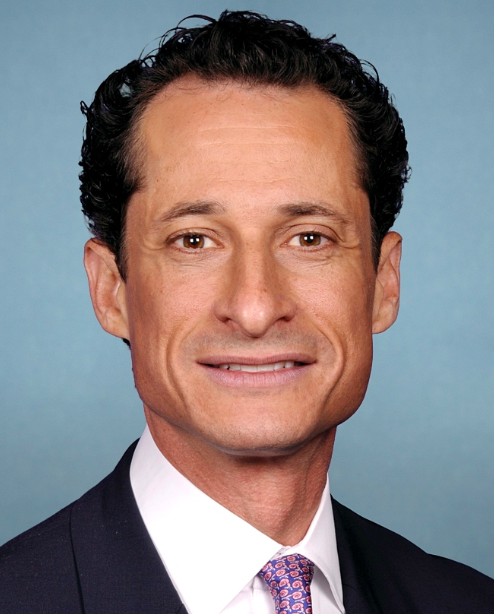

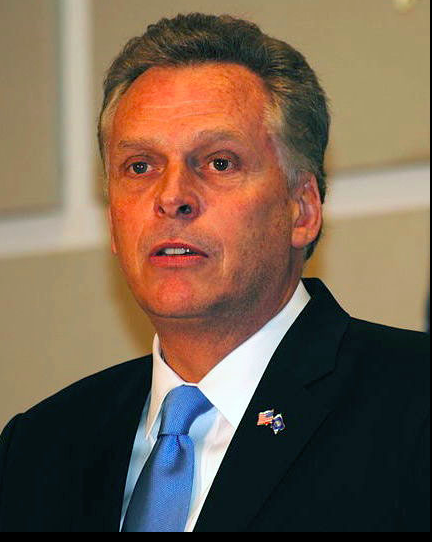
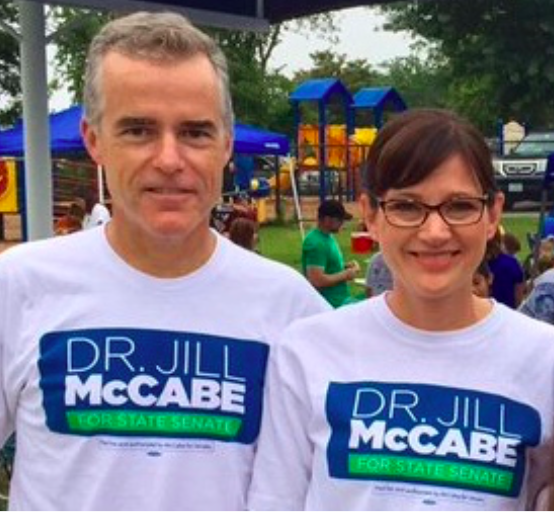
 Brent Budowsky served as Legislative Assistant to U.S. Senator Lloyd Bentsen, responsible for commerce and intelligence matters, including one of the core drafters of the CIA Identities Law. Served as Legislative Director to Congressman Bill Alexander, then Chief Deputy Whip, House of Representatives. Currently a member of the International Advisory Council of the Intelligence Summit. Left government in 1990 for marketing and public affairs business including major corporate entertainment and talent management. He can be reached at brentbbi@webtv.net.
Brent Budowsky served as Legislative Assistant to U.S. Senator Lloyd Bentsen, responsible for commerce and intelligence matters, including one of the core drafters of the CIA Identities Law. Served as Legislative Director to Congressman Bill Alexander, then Chief Deputy Whip, House of Representatives. Currently a member of the International Advisory Council of the Intelligence Summit. Left government in 1990 for marketing and public affairs business including major corporate entertainment and talent management. He can be reached at brentbbi@webtv.net.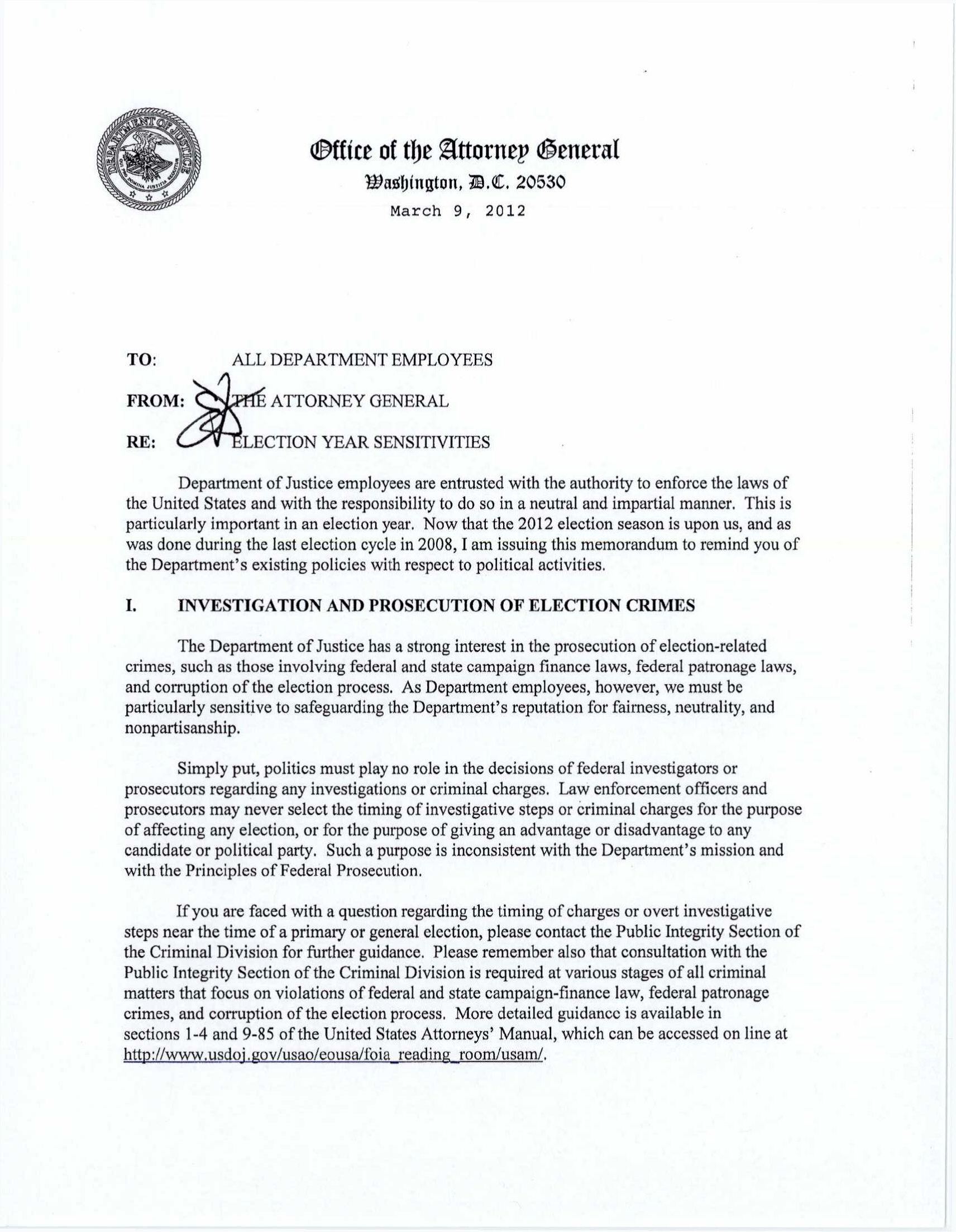
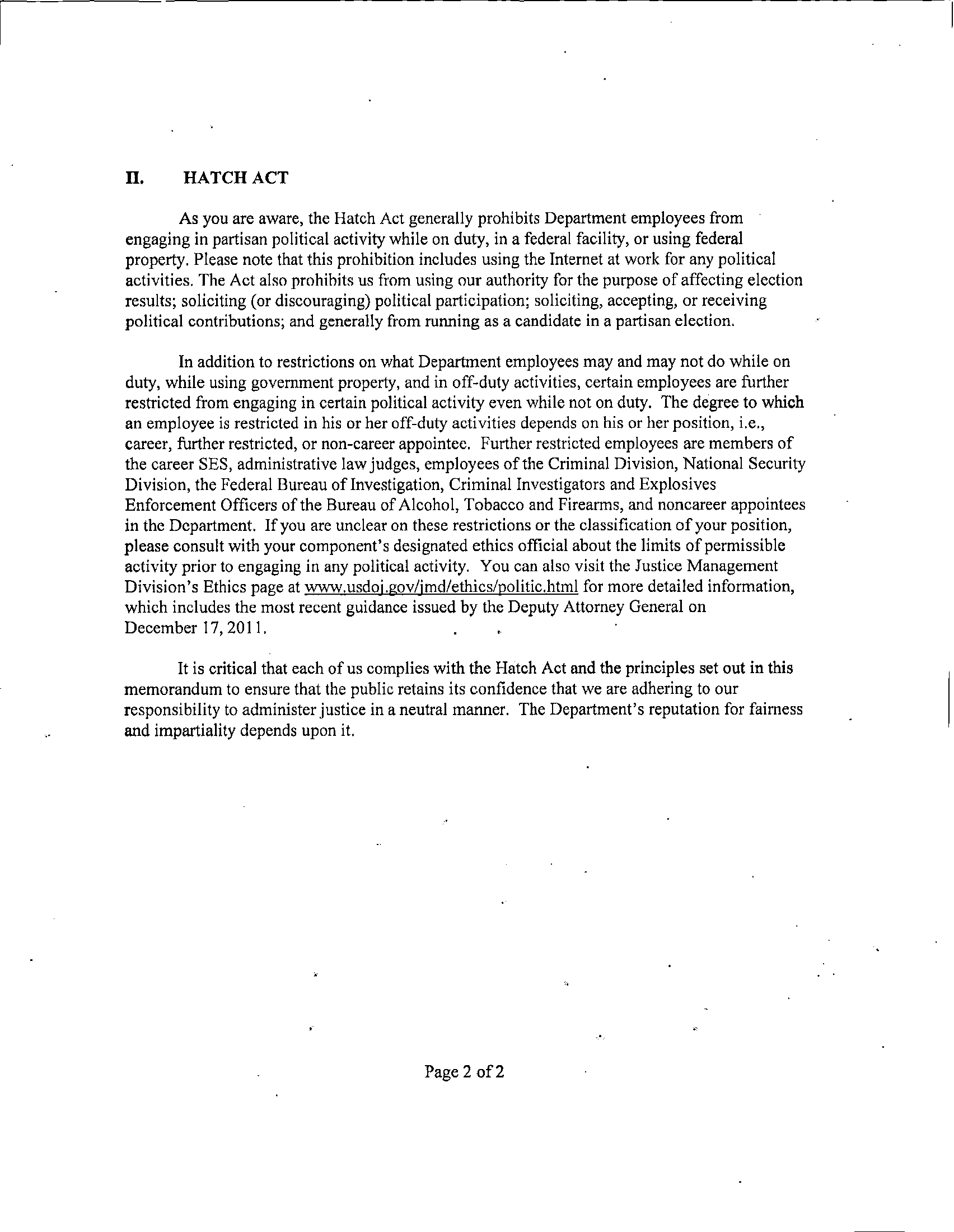 It should be noted that a company exists named the
It should be noted that a company exists named the 